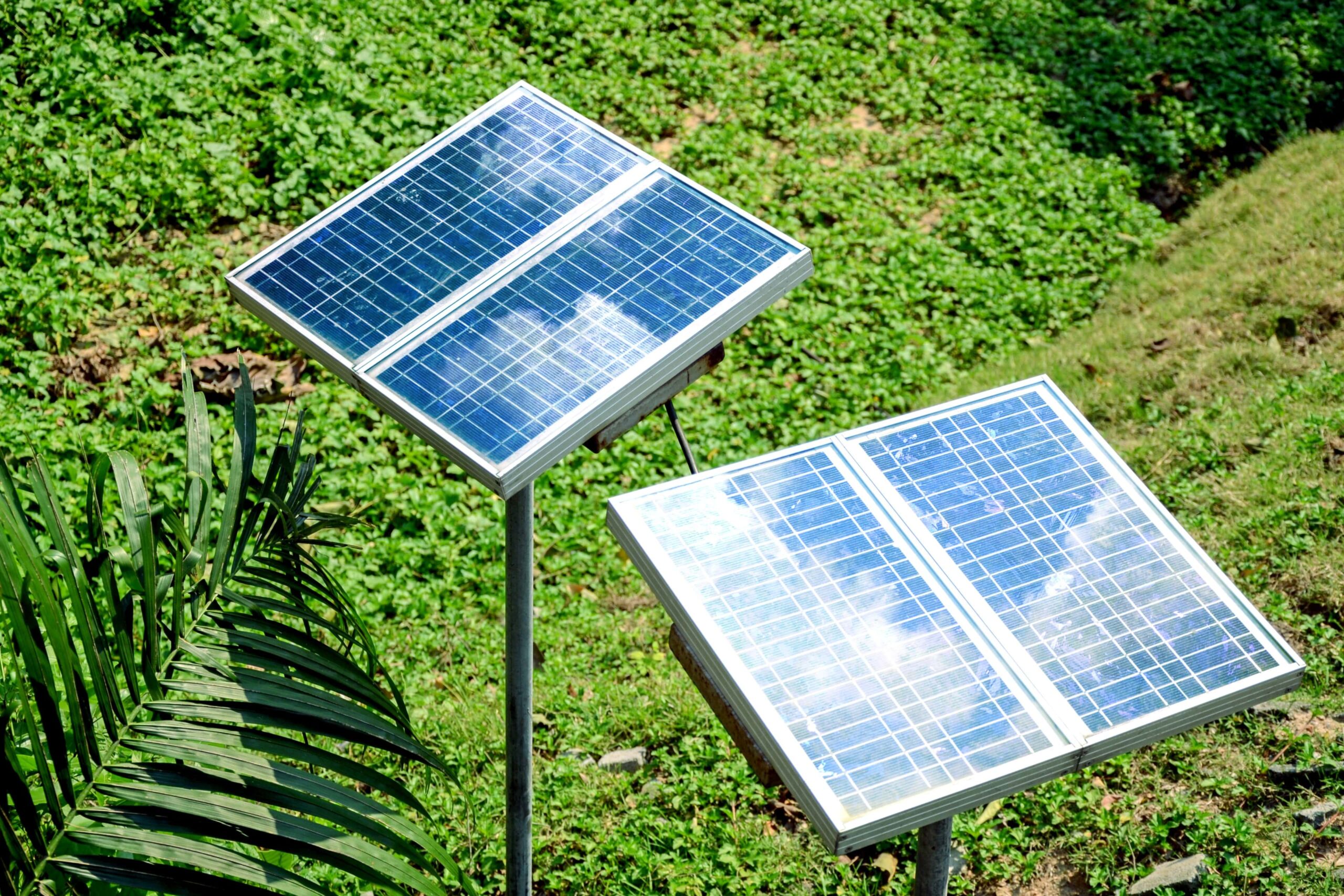EY’s latest Renewable Energy Country Attractiveness Index (RECAI) positions Chile as the most favorable nation in Latin America for renewable energy development.
Globally, Chile ranks 14th, ahead of Brazil (18th) and Argentina (30th), but behind the United States (1st), Germany (2nd), and China (3rd).
This ranking comes amidst debates in Chile about further expansion of renewable energy facilities, as well as the introduction of the “Transición Energética” project by Gabriel Boric’s administration, aimed at addressing transmission capacity issues within the sector.
Chile’s commitment to clean energy, its abundant natural resources, and effective international collaborations have bolstered its appeal to foreign investors.

These factors also align with the nation’s ambitious targets: to generate 80% of its power from renewable sources by 2030 and achieve carbon neutrality by 2050.
To meet these goals, significant infrastructure investment is needed.
Chile’s robust institutional framework supports the development of clean energy, with the National Energy Policy setting numerous goals for 2030, 2035, and 2050 to reach carbon neutrality.
By 2023, 74 renewable energy projects with a combined capacity of 4,318 MW are anticipated to be operational, leading to a sector-wide resurgence, according to EY’s Pamela Méndez.
She highlights the importance of green hydrogen for Chile’s renewable energy prospects.
The country’s favorable conditions, including high solar radiation in the Atacama Desert and strong winds in the south, make it an ideal location for producing renewable energies, with potential exceeding 70 times the local demand.
These conditions also contribute to low-cost green hydrogen production, ensuring competitiveness domestically and internationally.
In parallel, 49% of Brazil’s energy matrix is considered renewable. Considering only the electricity sector, this figure rises to 85% renewable sources.

